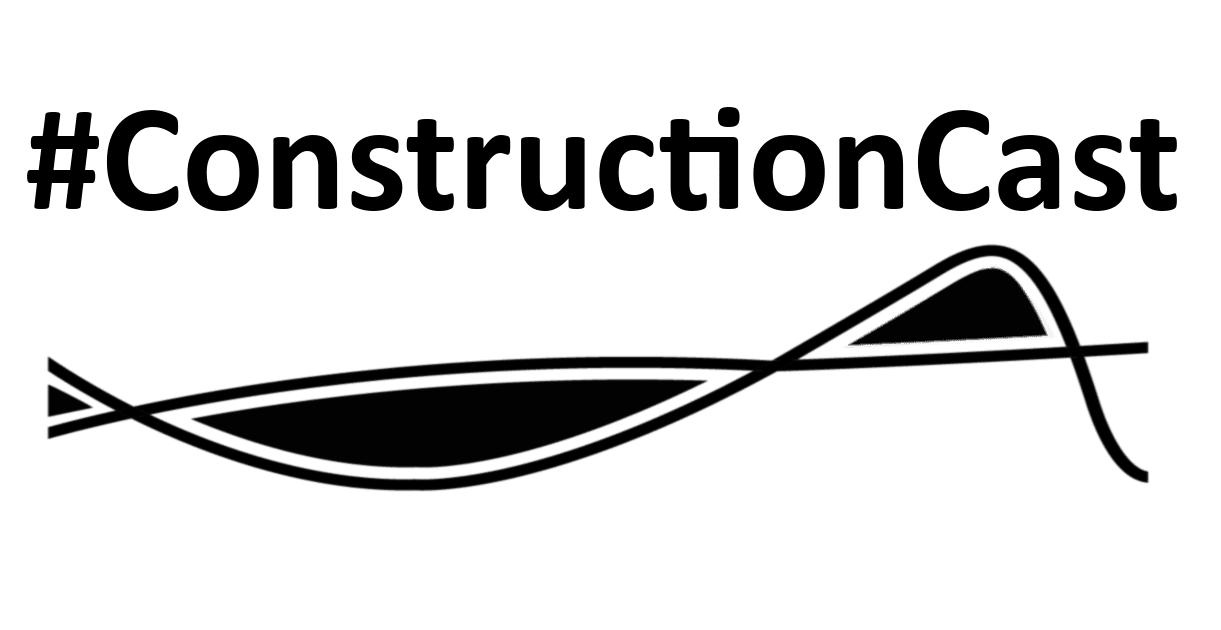For our first session back after the summer break we were joined by David Rintoul, partner at solicitors Hill Dickinson and Mark Wheeler, Head of Diales, a consultancy which specialises in providing expert witness services to the construction industry.
We started off with an explanation of the difference between delay and technical experts from Mark. He explains that technical experts are very focused on a particular discipline. Delay and quantum experts will tend to deal with the project more as a whole. We asked Mark about the difficulties that can arise when experts take on different roles within one project. For example, you may bring an expert in as an advisor before a dispute crystallises. Can they still act as an expert in front of a tribunal later on? Mark explains that whilst this can sometimes be a problem for some experts, there is arguably less risk associated with being a technical expert because of the type of expertise provide. A quantum or delay person, however, may more often be involved at an early stage.
Turning to legal teams and their work with experts, we asked David where do you draw the line between preparing and expert and coaching them? David explains coaching is strictly prohibited. However, witness familiarisation with the core process is generally encouraged by the courts. The courts very much come at this with the viewpoint of expert witnesses not being disadvantaged by being unfamiliar with the process.
The Hired Gun
One question often facing experts is, how to avoid being seen as a “hired gun”? Mark notes some experts work in a technical environment. As a result, they have no training or knowledge of how the courts work and what is expected of them. As an expert, you must come to your own independent view and not be influenced or biased. Someone who disagrees with you is not necessarily a hired gun. Despite the popularity of the phrase, Mark is not sure if experts acting as ‘hired guns’ are a significant problem in the industry overall. Whilst there are some people who come across a bit ‘left-field’, they tend to get found out early on.
From David’s perspective, there are some key things which makes a good expert from a lawyer’s perspective. Independence and impartiality. An expert should never be tempted advocating on behalf of an appointing party. Their duty is to the court or the tribunal, not the paying party. Prerequisites that David looks for in an expert witness are honesty, a consistency of approach, and a willingness to acknowledge or change and opinion if new facts or documents come to light and an ability to work as part of a team.
Does Technology Help?
We asked Mark how has the role has changed over the years and what difference the increase in the use of technology has made. He says it’s challenging. On a large arbitration, you can have hundreds of thousands of documents, and nobody can read all of them. There are some document management platforms out there that are helpful with organisation.
When it comes to BIM or 3D modelling, Mark notes some challenges if links are missing or the model is over-complicated. They can create another layer of difficulty. On a large dispute it is now common to have BIM and CAD people working full time alongside the expert to ensure that we haven’t missed anything that has been locked up in the model. Mark also notes that corrupted data can also create a whole host of other problems. The importance is getting to the core of the issue, and sometimes simple approaches can be better.
David adds that the use of BIM technology is an increasing trend amongst delay analysts. Delay experts, effectively upskilling and enhancing their visual communications of time and programme information. As a methodology, it can be very effective in describing and making clear both how events took place and their effects.
Mark agrees. He explains that if you can show someone a 10-minute video that explains and simplifies a complicated story it can be very helpful. In some cases, at the right time, it can even aid settlement. As a presentation tool Mark thinks it’s fantastic. But he warns that you also need to be able to go into the detail. It should not be merely a ‘Hollywood trailer’ for your case – documents must back up any visuals.
Finding the Right One
When looking at the type of experts commonly instructued, Mark notes that some projects require very specialist experts. You occasionally need an expert with an incredibly niche area of technical knowledge. When this expertise is particularly rare, they probably won’t have experience working as an expert for a tribunal. In these cases an expert may need help to understand their obligations.
We asked both members of the panel what are the most obscure experts you have had to work with? David once had to appoint an M&E expert with experience in meat abattoirs, to comment on problems with the environment, utility consumption, odour control, moisture extraction, retrofit driers.
Mark recalls work with a newt expert to help determine whether or not newts were great crested. But his favourite was an expert on bats and whether they had been dealt with properly. This particular expert became known to the team as the “batman”.
Finally we asked David, when you do appoint an expert, how do you verify them and make sure they have the level of experience you would expect.
He uses four categories:
- Their expertise.
- Their ability to write clear and concise reports.
- Independence- making sure they don’t have any personal/ financial/3rd party interests in the outcome.
- Source recommendations – larger cases he would conduct a panel interview.
Sincere thanks to David and Mark for their support. To join the next #ConstructionCast head to the booking page.

